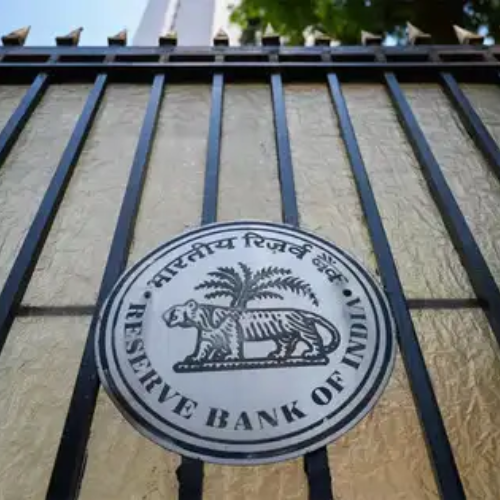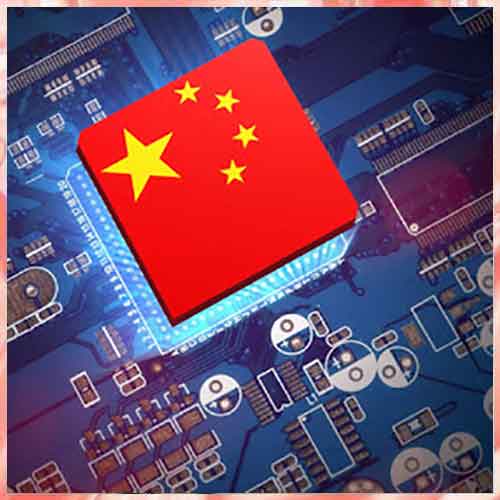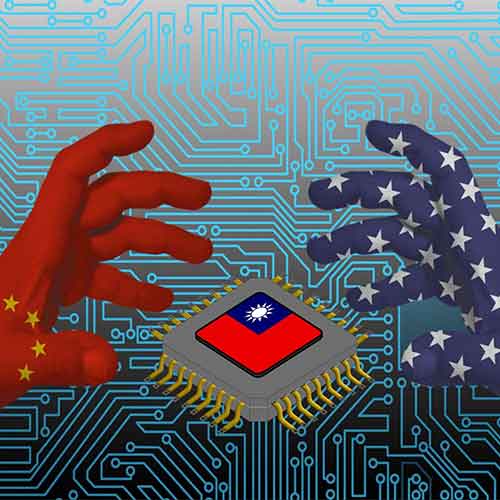
Sony’s decision aligns it with rivals facing similar pressures, as Microsoft raised Xbox prices earlier this year while Nintendo delayed Switch 2 pre-orders and later increased the cost of its original Switch amid market challenges
Sony has announced price hikes for its PlayStation 5 gaming consoles in the United States, with increases taking effect this week. The adjustment marks one of the most notable shifts in console pricing since the platform’s debut in 2020.
According to the company, the PlayStation 5 Digital Edition will now retail for $500, up from $450. The standard model with a disc drive rises from $500 to $550, while the high-performance PlayStation 5 Pro climbs from $700 to $750. Prices for accessories such as DualSense controllers and other peripherals remain unchanged.
The announcement comes against the backdrop of new U.S. tariffs on consumer electronics. Under the trade measures rolled out earlier this year, imports from Japan — Sony’s home market — face a 15% tariff, while Chinese goods carry a 30% levy. Although Sony did not directly link the increase to these tariffs, the company acknowledged broader economic pressures.
“Like many global businesses, we continue to navigate a challenging environment,” Sony said in a statement posted on its official blog.
Trade policies reshape console market
The company has also indicated that it is seeking to diversify supply chains in order to reduce exposure to tariff-related risks. Officials noted that consoles sold in the U.S. are no longer manufactured in China, though they declined to detail specific pricing strategies. Instead, Sony stressed that it would remain flexible, monitoring consumer demand, cost structures, and overall profitability before making future adjustments.
The move places Sony alongside other gaming rivals facing similar challenges. Earlier this year, Microsoft increased the price of its Xbox consoles, while Nintendo opted to delay pre-orders for its upcoming Switch 2 model. Although Nintendo initially avoided raising the price of its next-generation hardware, it recently raised the cost of the original Switch in response to market pressures.
For gamers, the higher costs highlight how shifting trade policies and global supply chain complexities are reshaping the economics of the console market. Despite the increases, Sony appears committed to balancing competitiveness with long-term growth in both hardware and software sales.
See What’s Next in Tech With the Fast Forward Newsletter
Tweets From @varindiamag
Nothing to see here - yet
When they Tweet, their Tweets will show up here.




























